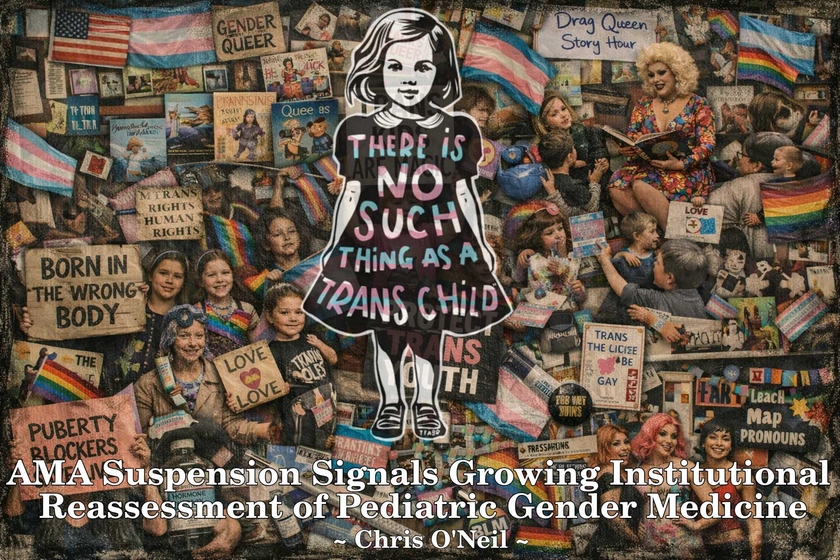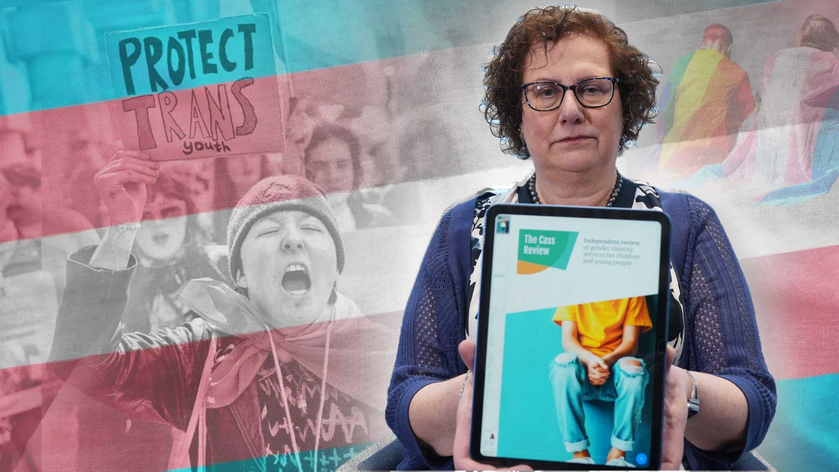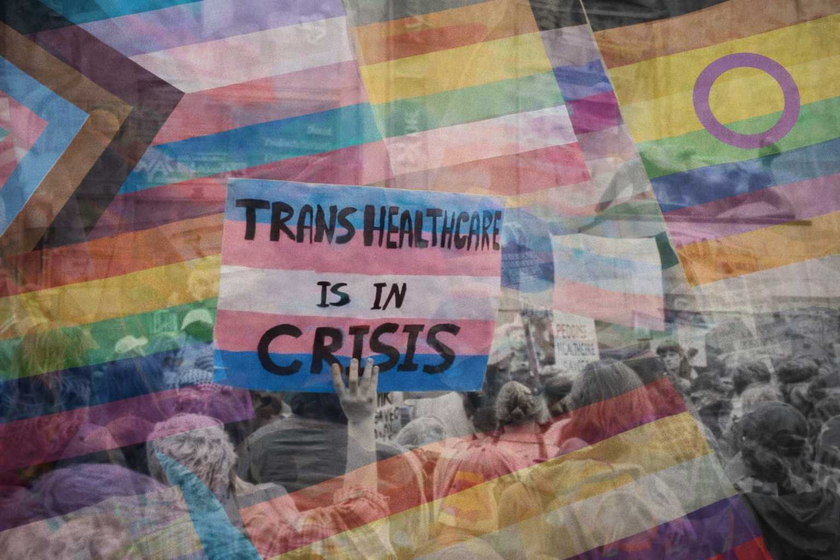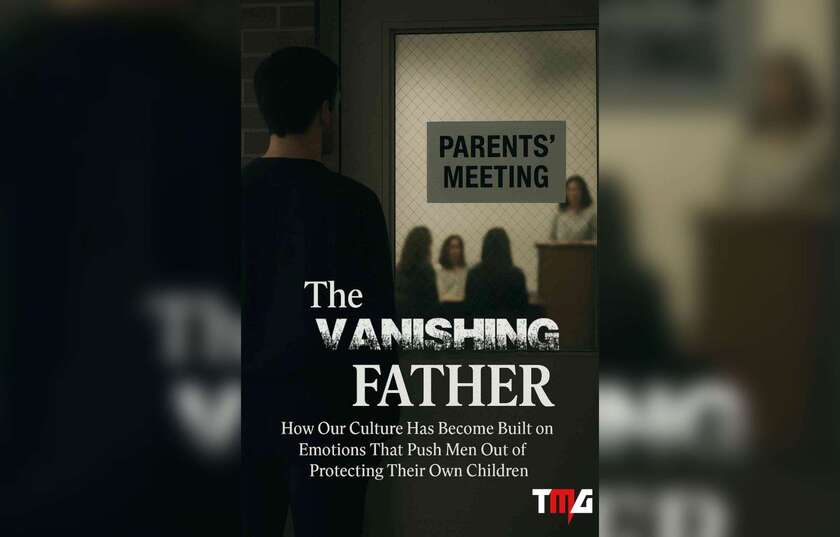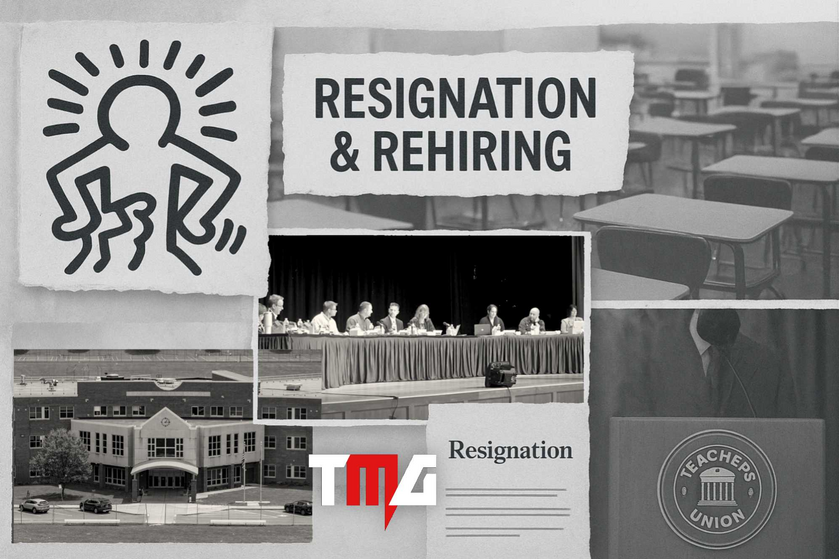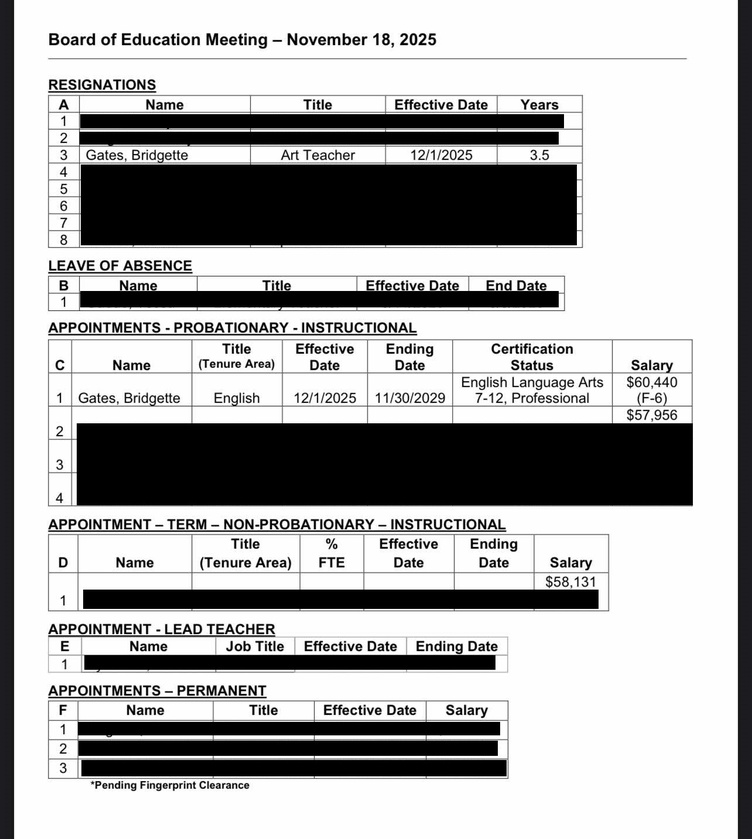Albany, N.Y. -- New York’s ambitious overhaul of its home care system has hit a major roadblock, with a whistleblower from within the administration describing the situation as a complete “s--t show.” The transition, which was set to shift over 280,000 home care recipients to a new payment processing system managed by Public Partnerships LLC (PPL), has been met with delays, confusion, and growing backlash.
The state originally planned to implement the change by April 1, but reports of unapproved timesheets, incomplete worker documentation, and widespread dissatisfaction have forced Governor Kathy Hochul’s administration to push back the rollout. Critics argue that the decision to award the contract to PPL was rushed and poorly planned, leaving home care recipients and workers struggling with uncertainty.

One major concern revolves around the mishandling of employment verification forms (I-9s), which are essential for ensuring only authorized workers are being paid. According to the whistleblower, these forms were not properly reviewed, raising alarms about potential fraud and noncompliance.
Home care advocates and legislators have voiced serious concerns about the overhaul’s execution. Many workers and patients who depend on timely payments for essential services have reported issues ranging from missing paychecks to confusion over how to navigate the new system.

Representative Ritchie Torres has called for a full investigation into the $9 billion program, highlighting concerns over whether the contract was awarded fairly. Others argue that the overhaul was politically motivated, with critics accusing the administration of prioritizing pro-union policies over efficiency and patient care.
With the transition now postponed, state officials claim they are working to resolve the issues before implementing the new system. However, trust in the process has been severely damaged, and many worry that further mismanagement could result in disruptions that harm the most vulnerable New Yorkers who rely on home care.
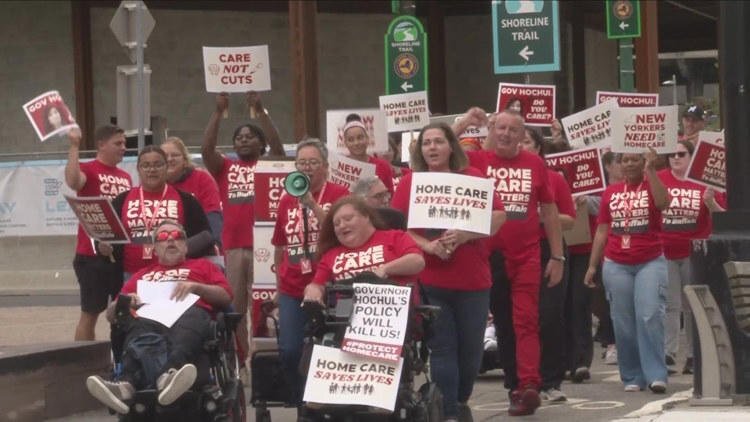
For now, the fate of the overhaul remains uncertain, but one thing is clear—the rollout has been anything but smooth, and the controversy surrounding it is far from over.



